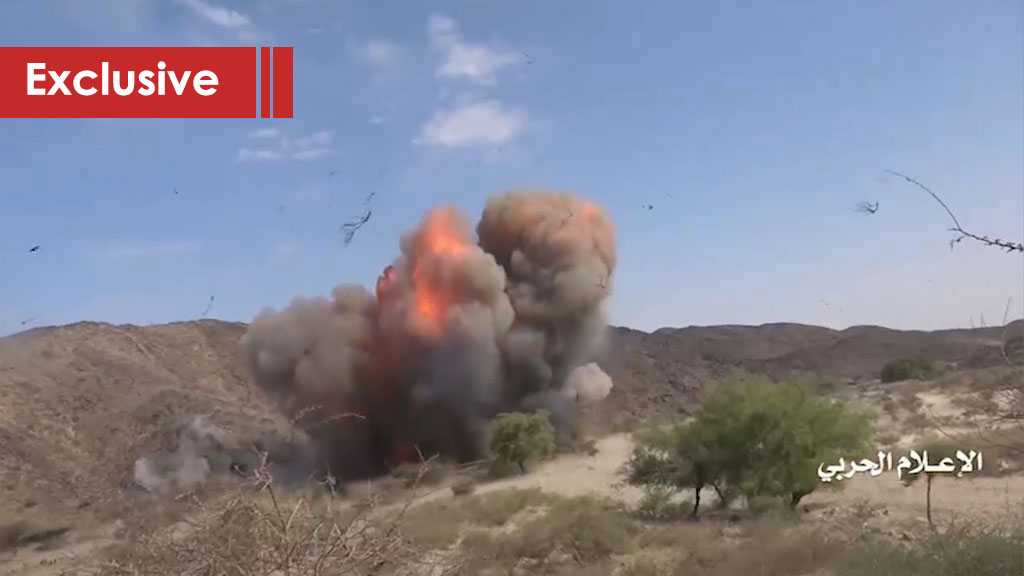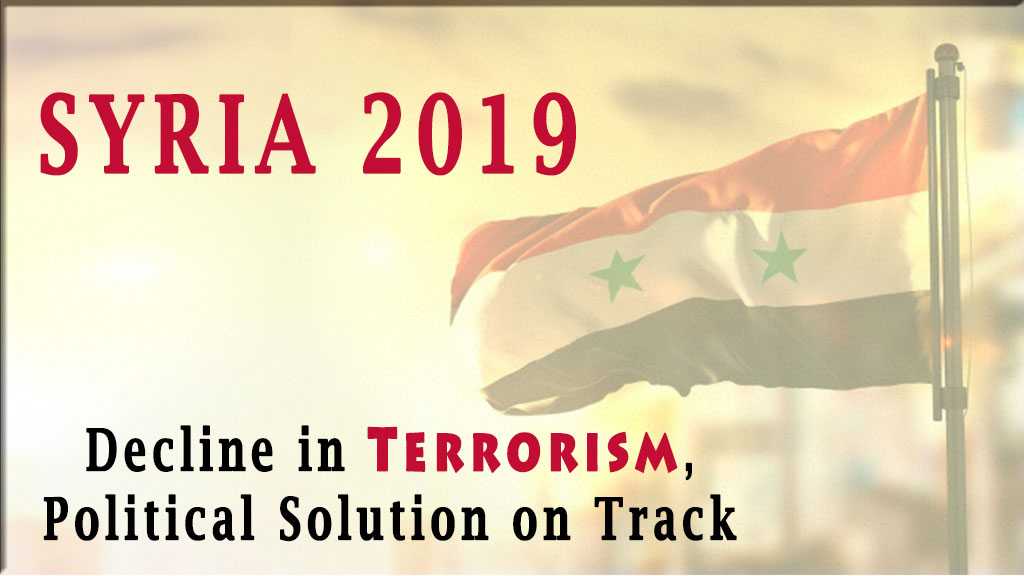Syria 2019: A Year of Major Transformations
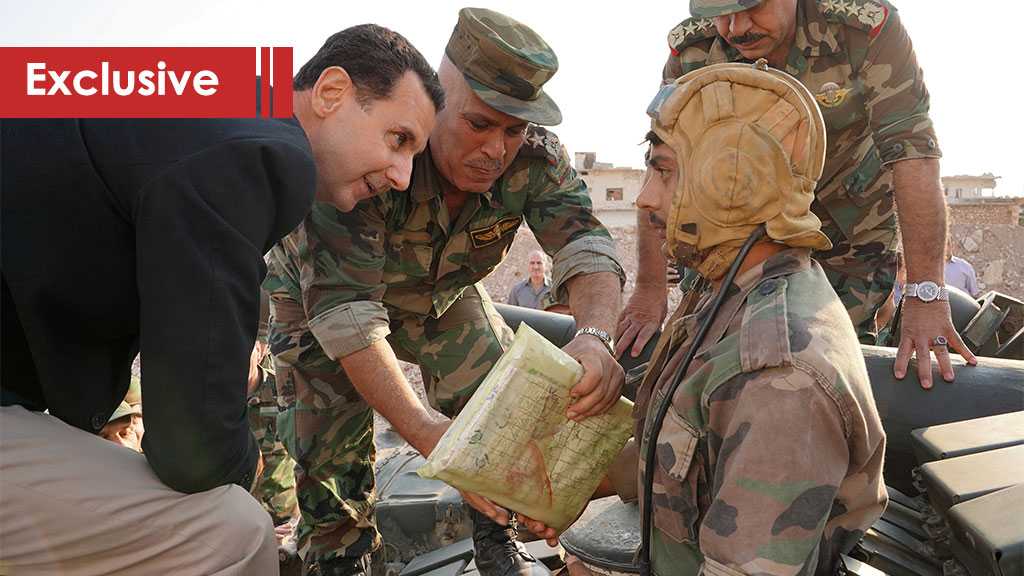
Mohammad Eid
Damascus - The year 2019 can be described as one of unimaginable transformations in Syria.
The last twelve months have been characterized by several major events in that country, including the collapse of Daesh as an integrated terrorist body. In the months that followed, US President Donald Trump backtracked on his promised withdrawal from Syria and deployed American troops to occupy Syrian oil wells. Meanwhile, Turkey expanded its invasion of northern Syria before the Syrian army deployed in the northeast of the country for the first time in seven years following an agreement with al-Qasd militias. The Syrian army was busy in other areas, recording significant advances in Hama’s northern countryside as well as southern Idlib where it regained several important towns and villages.
Away from the battlefield, the country also saw significant developments on the political front with the launch of the long-awaited Constitutional Committee. The committee is designed to put the country on the path towards a political settlement.
Daesh collapses but remains a pretext for occupation
The beginning of the year 2019 witnessed the fall of the last stronghold of the terrorist organization Daesh. The stronghold in the town of Al-Baghouz in Deir Ezzor’s countryside was overrun by Kurdish forces with the support of American warplanes. Prior to the Al-Baghouz news event, the Syrian army that spearheaded the fight against the Takfiri organization for years pushed Daesh out of large areas in the Syrian Badia.
As the year drew to a close, Daesh leader Abu Bakr al-Baghdadi was assassinated in Idlib following a US operation. The assassination was shrouded in mystery as the US monopolized the narrative surrounding the killing. Meanwhile, the supposed threat of Daesh returning continues to be used by the Americans as a pretext to remain in Syria even though Trump announced on several occasions that he wanted to withdraw US troops.
The army makes advances in Idlib and Hama
In mid 2019, the Syrian army launched a massive military campaign against armed terrorist organizations in the northern countryside of Hama and southern Idlib. As the terrorist groups collapsed, the army was able to recapture the city of Kafr Nabudah in the Hama countryside, surrounding the Turkish observation post in Murak. The army’s advances in Idlib province culminated with the recapture of the town of Khan Shaykhun – a terrorist stronghold. Terrorists were plagued by infighting that saw the Nusra Front [Jabhat al-Nusra] eliminate the Army of Glory faction [Jaysh al-Izza] and Nour al-Din al-Zenki Movement.
A new Turkish invasion as the Syrian army returns to the borders and "Israel” runs wild
The collapse of the terrorist groups in Idlib clarified a failed investment for Turkey’s President Recep Tayyip Erdogan. It prompted him to compensate by announcing another incursion into Syrian territory under the pretext of removing what he called the Kurdish terrorist threat. He had an agreement with the Americans as they announced their withdrawal from Syria, abandoning their assets including al-Qasd militias. However, the US backtracked from its announcement to withdraw due to its ambitions to seize Syrian oil, so it deployed its forces around the wells.
Erdogan and his Russian counterpart Vladimir Putin signed an understanding in Sochi where the Russians mapped their role as a policeman for the region to curb the Turkish incursion into Syria and to assure that it implements the Adna agreement signed in 1998 and stresses on respecting Syria’s sovereignty and territorial integrity.
Immediately, the Syrian army moved to the Turkish-Syrian border, entering for the first time in seven years following an agreement with Syrian Kurds that have been abandoned by the US and threatened by Turkey.
Meanwhile, the Zionist enemy continued its policy aimed at raising the morale of its terrorist agents, so it carried out several raids on Syrian territory. However, the Syrian air defenses were able to thwart these attacks by intercepting a large number of “Israeli” missiles.
The Constitutional Committee sees the light of day
Moscow’s strategic patience in its relationship with Ankara bore fruit after the latter was left with few options. Hence, it reluctantly proceeded to implement part of its commitments, both in Sochi with the Russians and in Astana. The move showed Ankara as more of a guarantor and prevented it from investing in terrorist groups after the Syrian army tightened its noose around the militants.
Thus, the work of the Constitutional Committee between the national delegation supported by the Syrian government and delegations of civil society and the opposition began. But the latter adopted suggestions that were based on the Turkish and American desires that the national delegation strongly rejected.
The fourteenth and final round of the Astana agreement renewed the recognition of the legitimate right of Damascus to combat terrorism. But what is new was Russia formally firing at the autonomous administration project after confirming that the country would be centrally managed from Damascus.
Despite allowing the Syrian army to deploy in their areas, the separatists appeared to be under the mercy of President Trump's mood swings and a limited US military presence to exploit Syrian oil wells.
Difficult economic circumstances did not prevent an increase in wages
Syrians experienced further economic hardship in 2019. This was made more difficult by Washington’s Caesar Syria Civilian Protection Act that it slapped on Syrian companies dealing with the government. Nevertheless, at the end of the year, Syria saw a balanced increase in salaries and wages, the largest in its history. Damascus was more open to neighboring countries and its allies in terms of addressing the economic situation. Tehran was at the forefront of those activating joint agreements between the two countries. Despite US sanctions, Iran provided support for Damascus in all fields including reconstruction and housing, supplying oil, setting up joint projects and infrastructure.
Comments
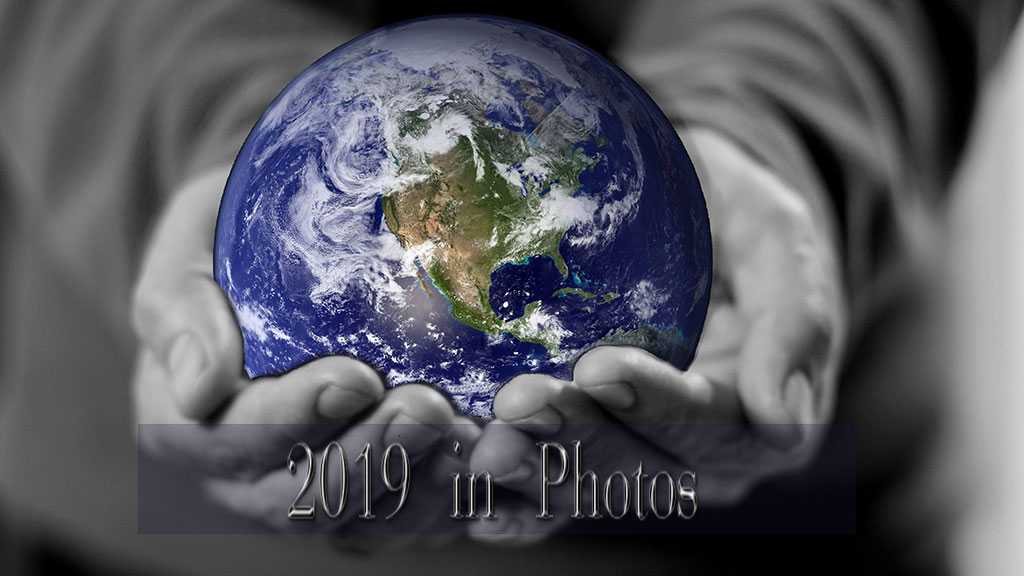
Pictures Speak Louder than Words: 2019 in Photos
4 years ago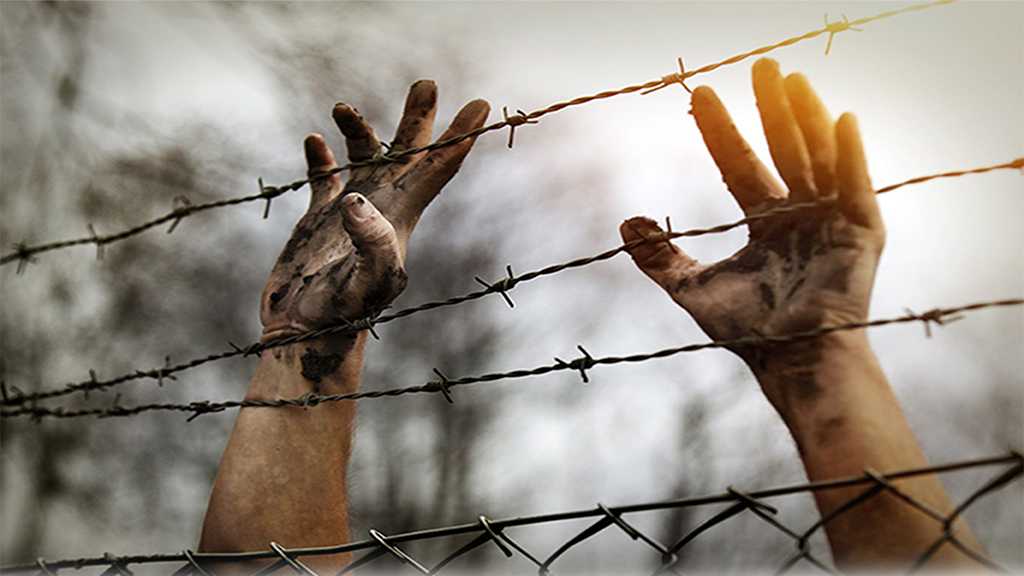
Saudi Arabia in 2019: Continuous Suppression
4 years ago